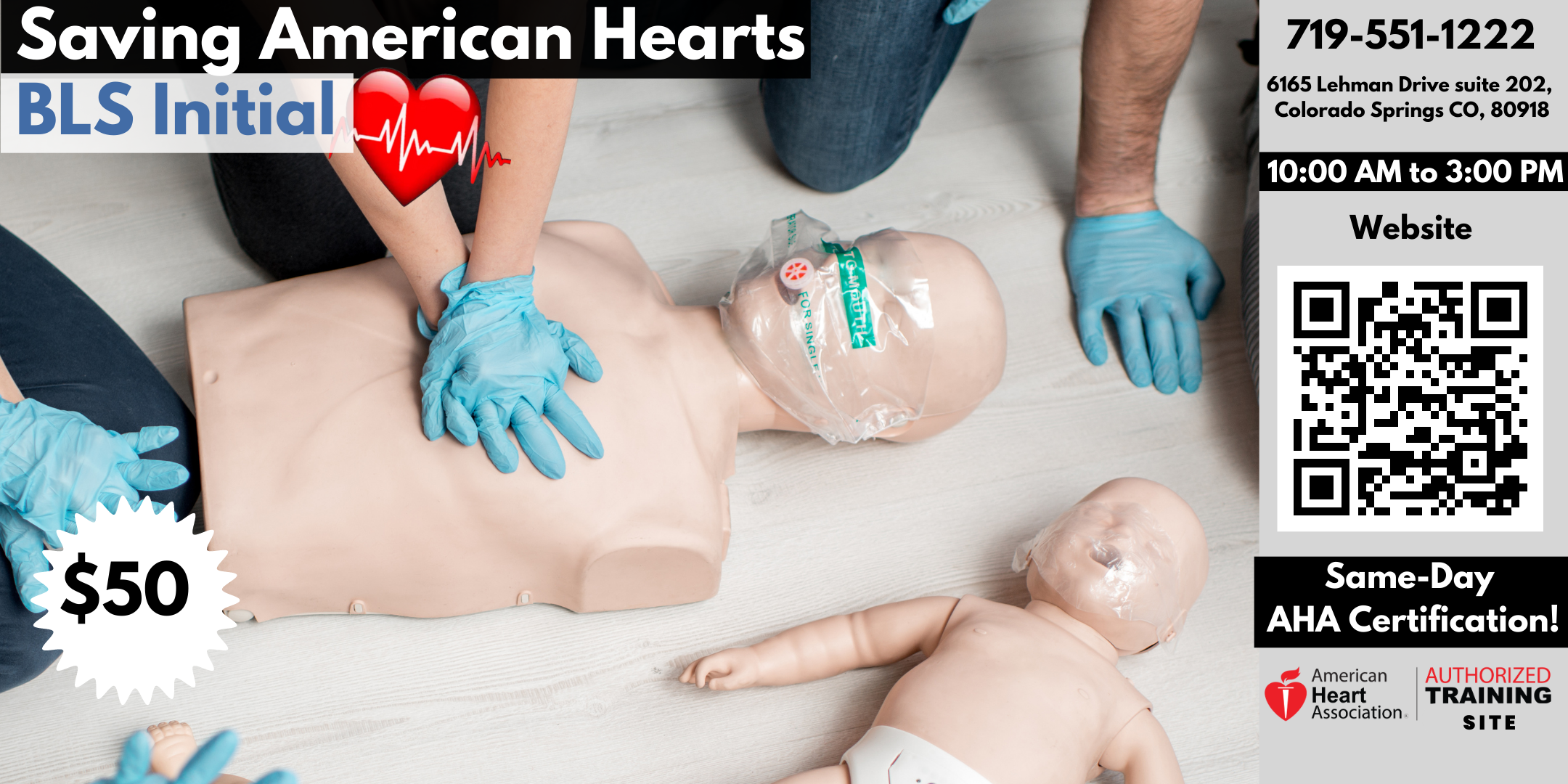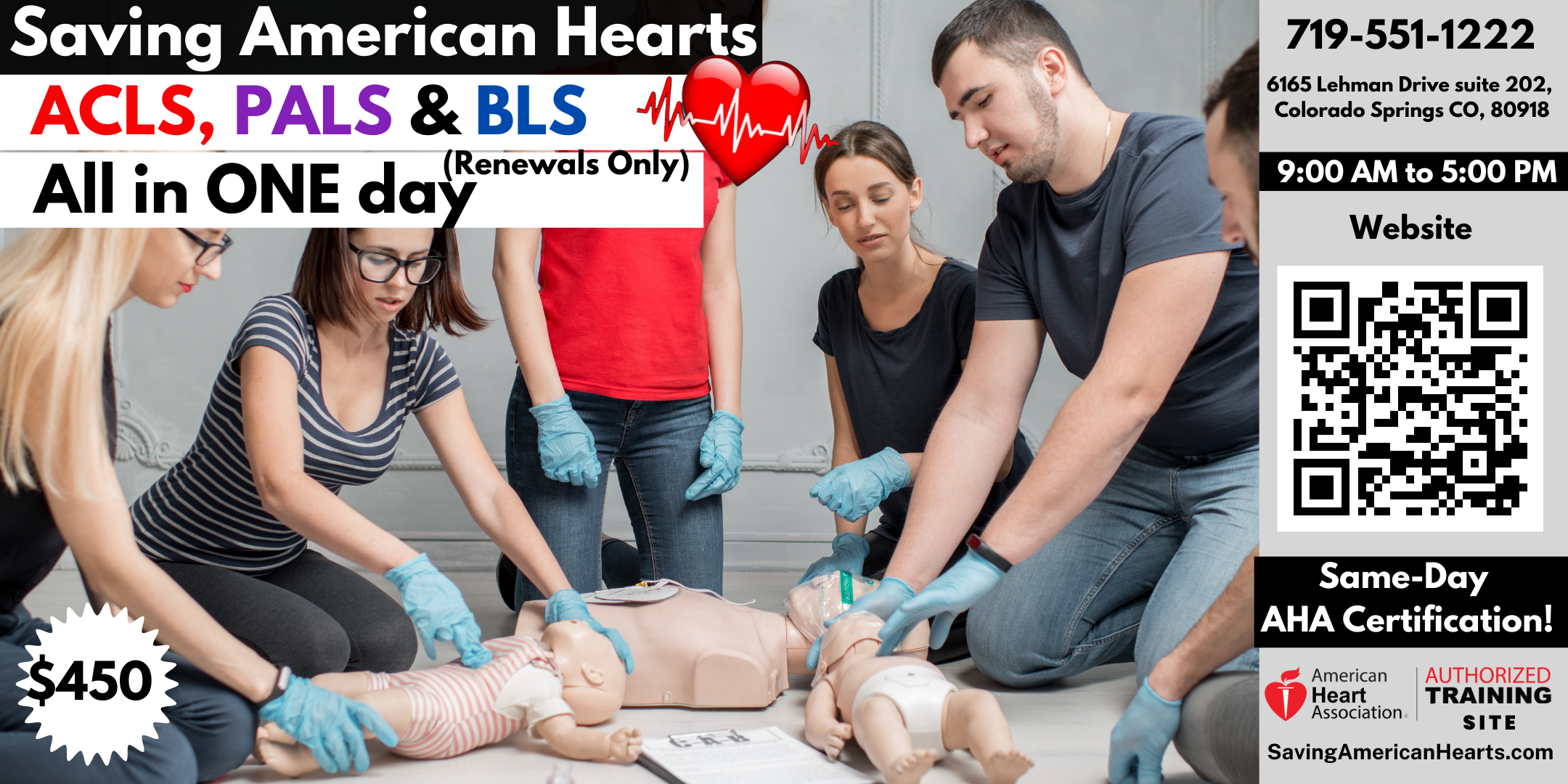Posted by By Cathy Dyson April 27, 2023 on Jul 11th 2023
All Virginia schools required to have AEDs; most area schools already have them
All Virginia schools required to have AEDs; most area schools already have them
When someone has a sudden cardiac arrest and passes out, CPR will keep oxygen-rich blood moving through the body, but there’s only one thing that will restore the heart’s electrical current that went awry in the first place.
That’s an automated external defibrillator, or AED, a device that shocks the heart back into regular rhythm. A new law passed by the General Assembly this year requires every school to have them — and to have a training plan in place to make sure staff members know where they are and how to use them.
Fredericksburg schools have had the devices for about 15 years, and Diane Olivares, a school nurse who used to work in a hospital intensive care unit, sees them as invaluable tools.
“They’re kind of like a magic wand when you think about it, there really isn’t anything else that can make that much of a difference when you need it,” said Olivares, a nurse at Lafayette Upper Elementary School. “They’re amazing.”
There’s no central registry of AEDs in the state so it’s not known how many schools have them. Officials in all Fredericksburg-area schools confirmed last week they have at least one device in each building. Most have more than that.
Several school systems used grants or worked with community agencies to get the devices, which can cost up to $2,000 each. But when an AED is needed, “it helps to know the resource is there, similar to a fire extinguisher,” said Jeff Wick, Caroline County school coordinator of safety and compliance.
“Since cardiac arrest is a leading cause of death and can occur in anyone at any age, especially if someone has an unknown condition, having AEDs in schools is a vital resource to save someone’s life,” he said.
And probably anyone who watched Monday Night Football in January — or the replay of Buffalo Bills player Damar Hamlin crumpling to the ground — is aware that the rapid emergency response, and use of an AED, saved his life.
Hamlin, 24 at the time, suffered a sudden cardiac arrest after being hit in the chest. Athletic trainers rushed to his side, performed CPR and used an AED to shock his heart into rhythm before he was whisked away to a hospital.
Nine days later, he was sent home — and he recently announced he will return to professional football next year.
As Sen. Jeremy McPike, D–Prince William, watched the game footage, he wondered how many other young people weren’t as fortunate because their heart attack happened on a remote field or in a building that didn’t have an AED.
Betsy Looney, the rising president of the Virginia Association of School Nurses, saw the same news clips and texted four words to one of her best friends, Sandy Canfield. She wrote: “Now is the time.”
Canfield’s daughter, Danica, was 15 and starting warmups with other members of a crew team at a Fairfax County school in January 2002 when she collapsed. Two people performed CPR. There was an AED somewhere on the school grounds, but no one knew about it, Looney said, and the teenager died.
Her mother had tried unsuccessfully to get legislation passed, mandating AEDs in every school, five years after Danica’s death. After Hamlin’s case highlighted the importance of AED usage, Looney suggested Canfield contact McPike, a volunteer firefighter who also had worked to make AEDs mandatory in health clubs.
He agreed to sponsor a bill and met Canfield and later, Joel Griffin, a Stafford County father whose daughter, Gwyneth, passed out in 2012 after suffering a sudden cardiac arrest on a school track. She died seven weeks later; going without CPR for so long had caused brain damage from which she couldn’t recover.
Their heartbreaking stories touched McPike.
“You expect your kid to go to school and come home at the end of the day,” he said. “As a parent, you can’t even imagine the challenge and what the families have gone through.”
Griffin and his wife, Jennifer, established Gwyneth’s Gift, a foundation that focuses on improving the chance of survival for those who’ve had a cardiac arrest through training and placements of AEDs. They also lobbied for the passage of Gwyneth’s Law in 2013, which requires Virginia teachers and high school students to be trained in emergency first aid, CPR and the use of AEDs.
“We know we had teachers and students trained but didn’t necessarily have AEDs in schools,” McPike said about the new legislation. “This really closes the loop, makes sure they have a plan of action on how to use them to help that next kid, should it be needed.”
The Griffins are “super excited” to see the wave of awareness since Hamlin’s collapse, Jennifer Griffin said last week. While people never know how they will respond in an emergency, she said training helps build muscle memory. In a crisis, they and others around them can take the necessary steps: Find an AED, call 911, start CPR and then use the AED.
“Just like we practice lockdowns, tornadoes and fire drills, it’s really important that schools have a sudden cardiac arrest plan and that they practice it on a regular basis,” she said.
Schools don’t have to start from scratch with a plan. Griffin said they’re available through various associations, including the American Heart Association or Project Adam, an organization that started in 1999 after a 17-year-old Wisconsin teen died while playing basketball.
Likewise, funds are out there for schools to purchase AEDs, said nurse Olivares. “I don’t know of any schools that don’t have them at this point, public and private,” she said.
McPike also added a $400,000 amendment to his bill to cover costs, but it’s still being debated as part of the state budget.
The devices are “pretty foolproof,” the nurse said, and once activated, give voice prompts that are “clear and concise,” said Jesse Boyd, King George’s school superintendent.
The AED assesses the heart’s rhythm and it decides — not the person who has deployed it — if one shock, or more, is needed.
“We call it the doctor on the scene because this is what is going to restart the heart,” Jennifer Griffin said. “It’s not going to allow me to shock someone who doesn’t need a shock.”
Gwyneth’s Gift offers training to school, church and community groups and businesses. It recently trained 1,200 students in two days in Fairfax County, said Jo Ann Dinwoodie, public relations manager.
The students are among 16,894 people who have been trained by Gwyneth’s Gift foundation, which also has placed 110 AEDs throughout the region since 2015. The actions establish what foundation workers call a chain of survival, and the Fredericksburg-based organization knows of at least 10 people whose lives have been saved as a result.
“CPR and AED can double or triple the chance of survival, according to the American Heart Association,” Jennifer Griffin said, “but again, having all of those links in that chain allows for that to happen.”
